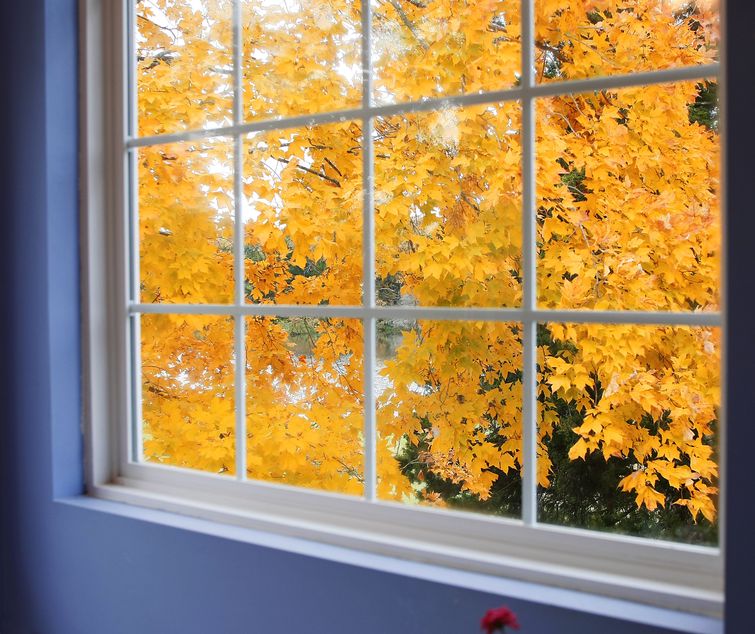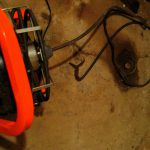Now that fall is here for good, it’s time to tackle those heat-wasters that increase everyone’s energy bills during the coldest months of the year. Here are five of the biggest culprits when it comes to those skyrocketing autumn energy bills and how to eliminate them.
Unsealed Areas
One of the easiest ways to save money on your energy bills is by finding and sealing the cracks, crevices, gaps and holes where cold air sneaks inside. Most homeowners are aware that they should caulk their window frames to cut down on heating and cooling costs, but here are some other places to seal up:
- Areas behind cabinetry
- Chimneys
- Exterior walls
- Gaps between walls and baseboards
- Spaces around recessed lighting fixtures and electrical outlets
- Utility cutouts for pipes
Leaky Windows and Doors
Drafty older windows and doors can cause heat loss, an overburdened heater and increased operating costs. When a home’s foundation settles over time, windows and doors often no longer fit properly in their frames. Installing energy-efficient windows and doors is an investment that keeps a home draft-free.
If you cannot afford to replace them, cover unused doors and windows with heavy plastic. For the main entrance, seal and caulk around the frame, and use a product specifically made to keep cold air from seeping under the door.
The sun’s heat naturally warms your home during the day. When the sun goes down (along with the temps), close insulated window draperies to retain accumulated heat from earlier in the day. Lower the thermostat by 10 to 15 degrees at night, and you’ll cut your annual energy costs by up to 10 percent.
Insufficient Insulation
The right insulation acts as an interior barrier against the outside elements. Insulating spaces like attics, basements and garages can reduce your utility bills. Schedule an energy audit or assessment with a reputable heating contractor. The reports generated from the audit will provide recommendations for improving energy efficiency and lowering future energy costs.
Inefficient Heating Systems
Over time, heating systems become inefficient and must work harder to heat your home. New heaters are more energy-efficient, eco-friendly and can lower energy costs. During installation, have the technician check, clean and repair existing ductwork for true energy efficiency. Investing in a new heating system is expensive, but you will see immediate savings on your monthly utility bills. Make sure the heating contractor uses certified and well-trained technicians.
A home warranty from American Home Shield could help protect you from expensive repairs or the unexpected replacement of your heating system.




